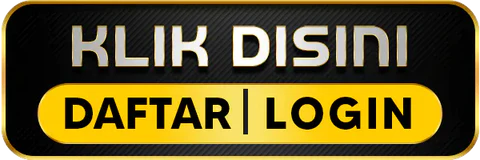1
/
of
1
INDOBETSLOT88
INDOBETSLOT88 Provider paling cuan 2024 dengan slot88nya!
INDOBETSLOT88 Provider paling cuan 2024 dengan slot88nya!
Regular price
Rp 26.889 IDR
Regular price
Unit price
/
per
Couldn't load pickup availability
Share


